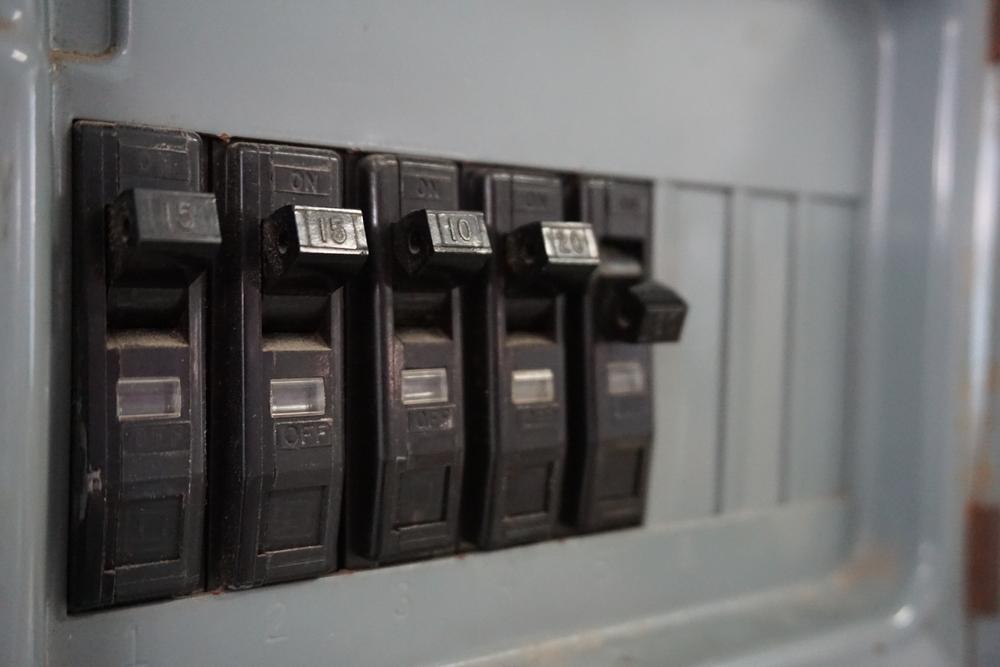Why does my Air Conditioner Keeps Blowing Fuses, we present the most common causes and how we can help. Contact us today!

Your air conditioner is supposed to keep you cool, not leave you frustrated with repeated electrical problems. Yet one of the most aggravating — and surprisingly common — issues is when the air conditioner keeps blowing fuses or tripping the breaker every time it cycles on. This doesn’t just interrupt comfort, it also signals that something more serious could be wrong with your cooling system or your home’s electrical circuits.
If you find yourself constantly running to the fuse box and replacing fuses, you’re not just wasting time — you could also be ignoring a bigger problem. In this guide, we’ll explain the most common causes, what you can do about them, and when to call in a professional.
High summer temperatures already make your AC system work hard. If your air filter is clogged, the system struggles even more to push cool air. This added strain often leads to overheating and blown fuses. A dirty condenser coil can cause the same effect. Regular air conditioning maintenance before the summer season is the best way to avoid these issues.
Low refrigerant forces the AC unit to work harder to achieve the same cooling. This increased demand can cause the system to trip the breaker or blow a fuse. If refrigerant is low, it usually points to a leak — a serious problem that requires immediate AC repair.
Sometimes the problem isn’t with the air conditioner itself but with the fuse box, breaker, or wiring. Breakers and fuses are designed to trip when too much voltage flows through the line. Replacing the fuse with a larger one is dangerous and can cause severe damage. Only a licensed technician can safely identify whether the issue lies in the electrical panel or with the system.
The capacitor, located in the condenser, regulates electrical current. When it fails, the flow of electricity becomes unstable, which can blow fuses. Replacing a capacitor is relatively simple for a professional, but it’s not something most homeowners should attempt on their own.
Electrical problems are best left to professionals, but there are a few safe steps you can take to troubleshoot before making the call:
If these steps don’t solve the problem and your air conditioner keeps blowing fuses, it’s time to call in a professional for diagnosis.
A fuse that keeps blowing is a warning sign, not an inconvenience to brush off. Ignoring it can cause larger issues, including damage to your compressor or even electrical hazards. Scheduling professional AC repair ensures the root cause is fixed, not just patched. If your system is older or frequently breaking down, you may also want to explore AC installation options for a more reliable, efficient system.
The most common reasons include clogged filters, dirty condenser coils, low refrigerant, faulty capacitors, or electrical wiring issues. A professional inspection will pinpoint the exact cause.
While you can replace a fuse, doing so without addressing the root cause is unsafe. If your system keeps blowing fuses, the underlying problem must be repaired by a licensed HVAC or electrical technician.
Yes. Seasonal AC maintenance includes cleaning coils, replacing filters, and inspecting electrical components. This significantly reduces the chances of blown fuses.
Yes. Frequent fuse issues can damage major components like the compressor. They can also signal dangerous electrical problems that should be addressed immediately.
If your system is newer and the issue is minor, repairs are usually enough. However, if your AC is older, inefficient, and facing repeated electrical issues, upgrading to a new AC installation may be more cost-effective.
When your air conditioner keeps blowing fuses, it’s more than just a nuisance. It’s a warning that your system or electrical circuits need attention. Simple fixes like changing filters or cleaning coils can help, but persistent issues require professional service. Don’t ignore the signs — calling in a certified HVAC technician ensures your home stays cool, safe, and efficient all summer long.